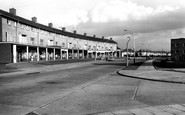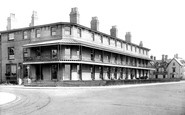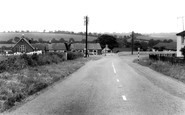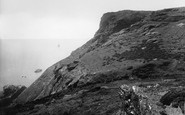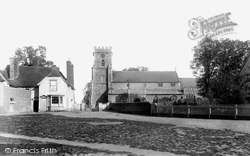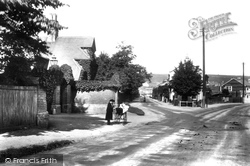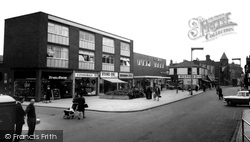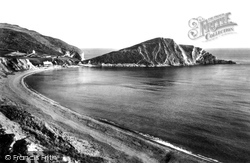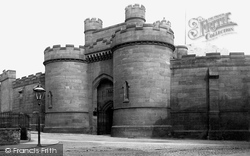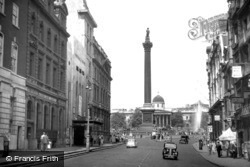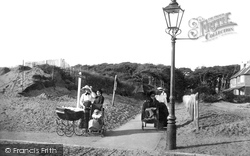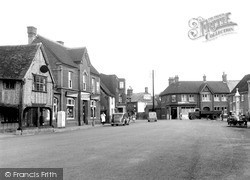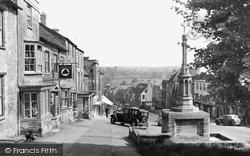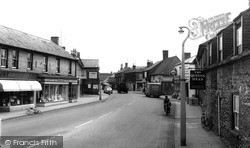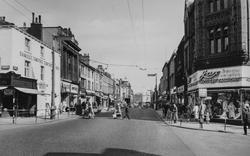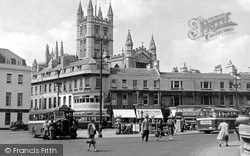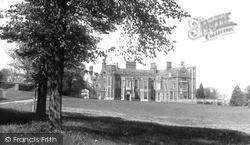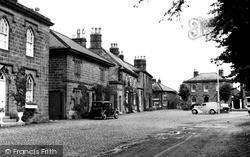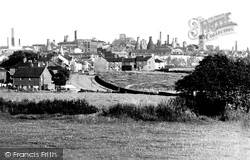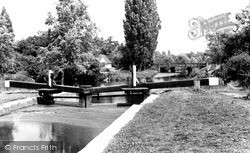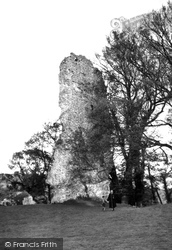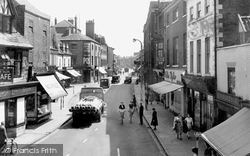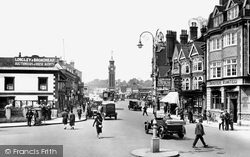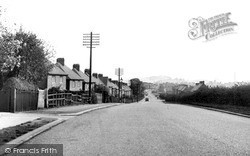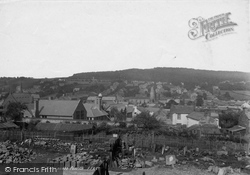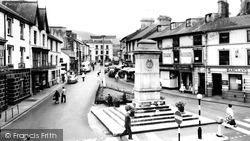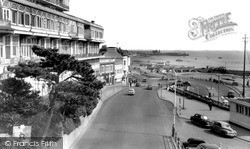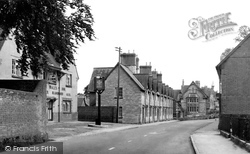Places
36 places found.
Those places high-lighted have photos. All locations may have maps, books and memories.
- Bangor, County Down
- Newcastle, County Down
- Greyabbey, County Down
- Donaghadee, County Down
- Downpatrick, County Down
- Portaferry, County Down
- Dromore, County Down
- Hillsborough, County Down
- Downings, Republic of Ireland
- Killyleagh, County Down
- Ardglass, County Down
- Rostrevor, County Down
- Dundrum, County Down
- Newtownards, County Down
- Warrenpoint, County Down
- Ballygowan, County Down
- Ballywalter, County Down
- Ballyward, County Down
- Bishops Court, County Down
- Boardmills, County Down
- Culcavy, County Down
- Katesbridge, County Down
- Killough, County Down
- Millisle, County Down
- Portavogie, County Down
- Saul, County Down
- Seaforde, County Down
- The Diamond, County Down
- Audleystown, County Down
- Kearney, County Down
- Annaclone, County Down
- Ballyhalbert, County Down
- Ballymartin, County Down
- Clare, County Down
- Conlig, County Down
- Dollingstown, County Down
Photos
945 photos found. Showing results 1,001 to 945.
Maps
459 maps found.
Books
49 books found. Showing results 1,201 to 1,224.
Memories
8,169 memories found. Showing results 501 to 510.
New Parks Boys,
I remember well the tennis courts . We were a secondary modern and our tennis courts were very secondary. Holes and gravel with a perimeter fence that had so many holes in it that about 20% of the balls sailed through it only to be ...Read more
A memory of New Parks in 1967 by
Withycombe Village
In the Second World War my brother and I were evacuated to my grandmother's in Withycombe village, she lived in a cottage opposite the Country Inn. We went to the village school down near the Hollybush Inn. I have fond memories of ...Read more
A memory of Exmouth in 1940
Early Years In Hindley
What - no memories of Hindley? I was born in 1935 (nee Pennington) at a house in Liverpool Road, just up from the Strangeways Pub (The Paddock). The area was called Navvies' Lump, and although the address was "Liverpool ...Read more
A memory of Hindley in 1930 by
Romford
I was born in Ilford, I lived in Romford then when I was 5 I when to Scotland, then about four and a half years later I went down back to Cranham, then I went to Romford.
A memory of Clacton-On-Sea in 2000
Monkey
I was born up The Monkey in 1957. I moved from there to George Street in 1966. The name of the street was Dunraven Place. The name of the pub was the Dunraven Hotel. There were 8 houses up The Monkey when I lived there. My mother told me there ...Read more
A memory of Caerau in 1957 by
Binbrook, The Holiday And Life.
Onwards and upwards through the years, I had an aunty and grandmother who lived there. Ending up at No2 Mount pleasant after living in Low Lane. Lilly and Bill Stone, parents of my mother Jaqueline Stone (now Stevens). ...Read more
A memory of Binbrook in 1956 by
The Shops And Doctors At Sandiway 1956
We first arrived in Sandiway in 1956. I remember getting off the bus at the top of Mere Lane and walking down towards our new home in Cherry Lane. The house was a 'tied house' belonging to the ICI and our ...Read more
A memory of Sandiway in 1956 by
My Soldier
Bolberry Down, brings back such lovely memories to me of the days of National Service. My boyfriend and I spent some of his leave sitting there and dreaming of his demob. We would go there and do a lot of walking, the cliffs are so high ...Read more
A memory of Bolberry in 1953 by
1950s
I was born in the war years in the area where the Workmen’s Club was later built and later moved to Hall Lane Est ( 28) as the first intake. I remember well the coal loader at the end of Railway Terrace and the great times out and about around ...Read more
A memory of Crook by
Eustace Street School
I was born in Chadderton in 1953, in my grandfather's house on Bamford Street. I attended Eustace Street School and the memories of my time there have shaped my life. I simply adored school and I am now a Special Needs ...Read more
A memory of Chadderton in 1964 by
Captions
2,258 captions found. Showing results 1,201 to 1,224.
As the town grew, its businesses drifted off to the main London-Colchester road. St Nicholas' was built c1330.
New houses are appearing in the distance on Smitham Downs.
We are looking down the main shopping area to the old Market Hall, which was partly demolished in 1992.
The fishing hamlet of Worbarrow (upper left), is seen here with Hill Cottage below Gold Down and Sea Cottage boathouses facing Worbarrow Bay.
These awe-inspiring and formidable walls and gates were knocked down in 1934. At that time there were no conservation laws, and anything that was in the way of progress was destroyed.
This view down Whitehall shows the yet-to-be-cleaned Nelson's Column. The two buildings to the left are banks, with the modern Whitehall Theatre between the two.
Boscombe was built across a wooded chine (a wide ravine) that led down to the sea; these features are common along this coast.
Sheep on the High Street are a distant memory, but the town has managed to preserve a number of older buildings - including the 16th-century porch on the left.
Often described as the gateway to the Cotswolds, the picturesque town of Burford has changed little over the years.
This view down Market Street shows how Whittlesey has prospered in the past fifty years.
The bustling town of Huddersfield, like so many other Pennine towns, was founded on the wealth won from the 19th-century explosion in the worsted and woollen industries.
The balustraded enclosure on the traffic island surrounds steps leading down to The Island Club and the Parade Gardens, formerly known as St James's Triangle.
This beautiful Tudor mansion was built at the end of the reign of Henry VIII by the successful lawyer Sir John Hynde, partly from materials salvaged when they pulled down the church of St Etheldreda in
It is dominated by its cobbled Market Square, which leads down to the castle, home to the Ingilby family for more than 600 years.
The last bottle kiln to be used commercially closed down in 1967.
The last mill burned down in 1905, though at one point there had been two mills here - one paper, one wheat. Coal, timber, lime and dung were the other major cargoes passing through.
Bramber was once the main town of one of the Sussex Rapes, or Anglo-Saxon administrative areas, and the seat of William de Braose's Norman castle guarding the Adur gap through the Downs.
As we look south down High Street we can see that many of the buildings survive today, including the dormered building on the far left.
On race days this intersection was crowded with pedestrians and traffic making their way to the racecourse on Epsom Downs.
This picture looks down the village of Wales towards Kiveton Park, both pit villages which boomed from 1867 during the heyday of the South Yorkshire coalfield.
From the work-yard of George Dixon, builder and mason, we look down on a surviving Penrith institution, Brunswick Road Junior School.
The Bute Arms (further down the street on the left) gets its name from the Marquises of Bute, great landowners in South Wales and important nationally.
Pier Hill leads down to the sea front esplanade, with the Palace Hotel on the left.
Though it now looks like a typical early 20th- century roadhouse, the Prince of Wales has much older origins: the earlier thatched hostelry was burnt down in 1930.
Places (198)
Photos (945)
Memories (8169)
Books (49)
Maps (459)



